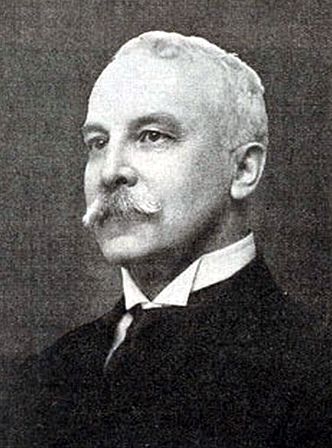Zdroj: The twelve principles of efficiency (1912), p. 176; cited in Münsterberg (113; 52)
Harrington Emerson: Citáty v angličtine
Harrington Emerson, as cited in: Horace Bookwalter Drury (1918) Scientific Management: A History and Criticism http://archive.org/stream/scientificmanag00druruoft#page/140/mode/2up. p. 142
Zdroj: Efficiency as a Basis for Operation and Wages, p. 70; Cited in: Morgen Witzel (2003) Fifty Key Figures in Management. p. 79
Zdroj: The twelve principles of efficiency (1912), p. 107 ; cited in: Hugo Münsterberg. Psychology and Industrial Efficiency, 1913, p. 52
Zdroj: Efficiency as a Basis for Operation and Wages, p. 164; ; Cited in: Morgen Witzel (2003) Fifty Key Figures in Management. p. 80
Zdroj: The twelve principles of efficiency (1912), p. 156; ; cited in Münsterberg (113; 53)
Harrison Emerson, " Shop betterment and the individual effort method of profit-sharing http://archive.org/stream/americanengineer80newy#page/64/mode/1up" in: International Railway Journal Vol. 13. p. 61. 1905; Partly cited in Drury (1918, p. 141)
Zdroj: The twelve principles of efficiency (1912), p. 177; ; cited in Münsterberg (113; 53)
